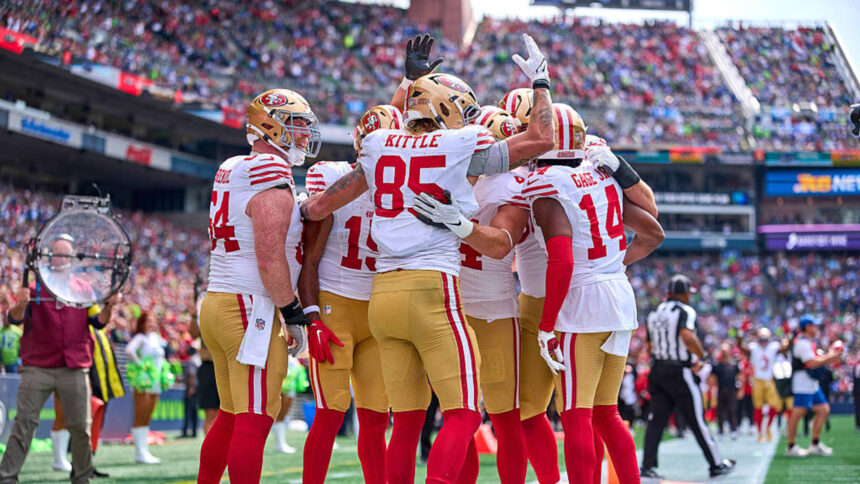In a striking reflection of the current investment climate, ultra-wealthy families and their investment firms are increasingly pivoting towards the lucrative realm of sports, according to a recent survey by Goldman Sachs. The findings revealed that 25% of family offices have ventured into sports or related assets, such as ticketing and arenas, with another quarter expressing interest in this growing sector.
Notable transactions underscore this trend. Recently, Julia Koch, the widow of billionaire David Koch, confirmed her family’s acquisition of a minority stake in the NFL’s New York Giants. This move follows Guggenheim Partners CEO Mark Walter’s June deal to purchase a majority stake in the NBA’s Los Angeles Lakers, valued at a staggering $10 billion. Meanwhile, in May, prominent Bay Area families, including venture capitalist Vinod Khosla’s, acquired a 6% stake in the San Francisco 49ers.
However, the investor enthusiasm for women’s leagues and emerging sports, such as pickleball, has not mirrored the interest in traditional male-dominated leagues. The Goldman Sachs survey indicated that only 19% of the 245 family offices surveyed had either invested in or expressed interest in established women’s leagues, while a robust 71% showed enthusiasm for major men’s leagues. The numbers for women’s emerging leagues and men’s minor leagues were even lower, with only 16% indicating any inclination towards those investments.
Despite this discrepancy, there have been some high-profile investments in women’s sports. A consortium of billionaire investors secured three new WNBA team franchises in June, although their expectations appear to be more focused on long-term equity growth rather than immediate cash flow returns.
Meena Flynn, co-head of global private wealth management at Goldman Sachs, emphasized the uniquely patient approach that family offices take toward team ownership, highlighting the combination of passion and long-term value creation inherent in sports investments. Flynn further noted that family offices view sports as potential hedges against inflation, due in part to their diverse revenue sources, including streaming rights and ticket sales.
Prominent figures in the sports investment landscape are also expanding their interests into other sports-related enterprises. Blackstone’s David Blitzer, noted as the first person to hold equity in all five major men’s U.S. sports leagues, has been active this year, with his family office Bolt Ventures backing various initiatives, including a sports betting media firm named Fantasy Life, as well as social clubs focused on racket sports and a club operator called Padel Haus.
As family offices navigate the sports investment arena, the intersection of passion, strategic investment, and long-term growth prospects continues to reshape the landscape, signaling a new era in the ownership and management of sports franchises.







